ABS-CBN News in the Philippines reports Toxoplasma gondii, a parasite found in raw or undercooked meat, can latch on to pregnant moms and their unborn babies if ingested, potentially causing food poisoning, miscarriage or other complications to the unborn baby.
 According to microbiologist Dr. Windell Rivera, “Usually infected newborns would have problems sa mata, sa utak, mga damage talaga at birth (Usually, infected newborns would have eye or brain damages at birth).”
According to microbiologist Dr. Windell Rivera, “Usually infected newborns would have problems sa mata, sa utak, mga damage talaga at birth (Usually, infected newborns would have eye or brain damages at birth).”
Toxoplasmosis is the disease caused by the Toxoplasma gondii parasite. Naturally thriving in a cat’s stomach, it can contaminate soil, water, or plant material once released via the animal’s feces. Animals that ingest the parasite can be infected. Humans may contract the parasite by consuming contaminated meat products.
According to the World Health Organization, toxoplasmosis is one of the five most commonly “neglected parasitic infections” as the parasite shows no symptoms in people with strong immunity. However, immunodeficient individuals may experience body aches, swollen lymph nodes, head ache, fever, or fatigue. Babies of pregnant mothers are usually the most potent victims as congenital toxoplasmosis can result to fetal death.
Experts, however, said that mothers who contracted the parasite before pregnancy could be safer as their bodies may have already developed immunity.
Treatment of the toxoplasmosis, in general, is also possible through medication, according to experts; however, completely removing all the parasites from the body may not be possible.
Beyond the Toxoplasma gondii, experts add that mother must also look out for the Listeria bacteria.
 Rivera warned, “Ang listeria delikado. Twenty times at risk ang mga buntis. Pwedeng malaglag yung bata kung ma-food poison yung nanay. O kaya sakitin yung bata paglabas (Listeria is 20 times more harmful to pregnant mothers. Mothers may experience miscarriage if they contract food poisoning. If not, the baby may turn out to be sickly).”
Rivera warned, “Ang listeria delikado. Twenty times at risk ang mga buntis. Pwedeng malaglag yung bata kung ma-food poison yung nanay. O kaya sakitin yung bata paglabas (Listeria is 20 times more harmful to pregnant mothers. Mothers may experience miscarriage if they contract food poisoning. If not, the baby may turn out to be sickly).”
The Listeria bacteria may be contracted from raw milk, vegetable salad, and processed meat such as hotdogs or luncheon meat. In general, people infected by the bacteria experience mild fever and are treated with antibiotics. However, experts say, people experiencing worse symptoms ought to receive medical attention.
To avoid further complications by parasites and bacteria, experts warn, prevention is key.


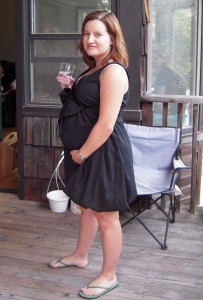
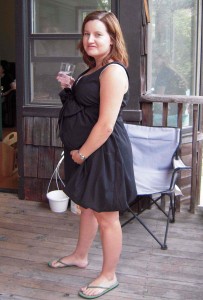
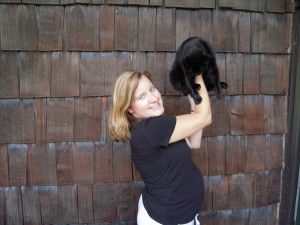


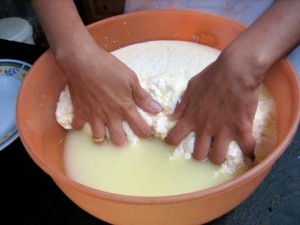

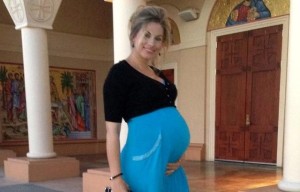
 In
In (1).jpg) Canada.?? So as I watched the pregnant PhD load up on smoked salmon, cold cuts and soft cheese for lunch, I wondered, do I say something?
Canada.?? So as I watched the pregnant PhD load up on smoked salmon, cold cuts and soft cheese for lunch, I wondered, do I say something?